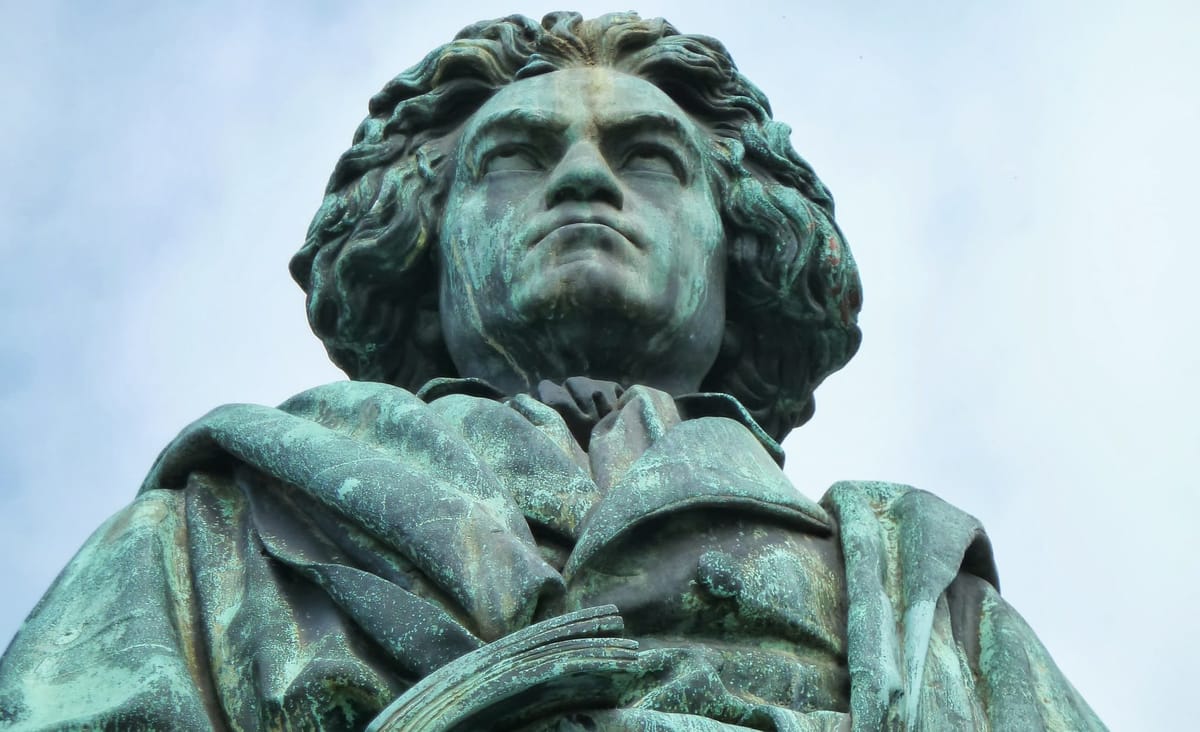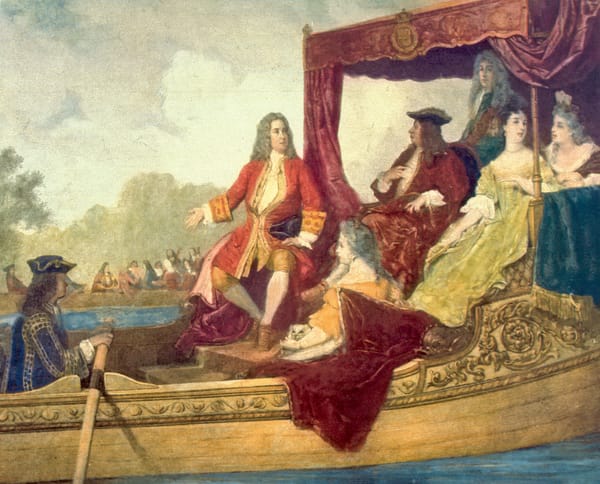Beethoven in 2021: Why his music continues to matter during the COVID-19 pandemic

I begin this piece by acknowledging that I am a Chinese American concert pianist, AB Harvard, MM Juilliard, DMA SUNY at StonyBrook. I’ve been playing Beethoven nearly my whole life, having lived with his music for over half a century. I’ve spent more hours in his presence than with any living human being – hours of practicing his sonatas and concerti, his chamber music; hours spent researching not only particulars of his life not only through reading articles and biographies, but also reading his letters and conversation books; more hours applying music theory analysis to his works. These all served to hone my interpretations of his works. Indeed, I feel that I know him at least as well my closest friends. And I am sure that I am not the only person, not to speak of other Western classical musicians, who feels this way about Herr Beethoven.
Where to begin? Let Beethoven speak through the words of his Heiligenstadt Testament (written in 1802 when he was in his early thirties):
Though born with a fiery, active temperament, even susceptible to the diversions of society, I was soon compelled to isolate myself, to live life alone… for me there can be no relaxation with my fellow men, no refined conversations, no mutual exchange of ideas. I must live almost alone, like one who has been banished; I can mix with society only as much as true necessity demands…
Divine One, thou seest my inmost soul thou knowest that therein dwells the love of mankind and the desire to do good…
Ah, it seemed to me impossible to leave the world until I had brought forth all that I felt was within me. So I endured this wretched existence – truly wretched for so susceptible a body, which can be thrown by a sudden change from the best condition to the very worst.
Thanks to COVID-19, perhaps present day humanity can empathize with Beethoven’s sense of terrible isolation. But instead of remaining a victim of fate, Beethoven became an unstoppable musical genius.
And why should this matter to us now? What can a dead white man from Vienna have to share with contemporary people from diverse modern cultures that can be worthwhile?
I respond by paraphrasing Louis Armstrong, the great American jazz genius – If you have to ask why music matters, you’ll never know. I will share why making music matters to me as a concert performer; and later, why playing Beethoven matters so much to me. Performing music for a live audience is a way to share the most special, innermost core of my being, the part that aspires to beauty so much that it dares to try to make it. Music is an art form that I love because it reminds me of the possibilities in life – the best of what it could be. While playing, I touch those strands of inspiration that I can freely share with my listeners who have been kind enough to give me their attention. And for a brief period of time, we make music together. Not only the performer, who gets an opportunity to find out what his best can be at that moment of “encoding” communication; but the audience, who responds by making the effort to “decode” musical meaning. It’s a demanding experience for all parties, but well worth it. It reminds us all about the best part of being human. We learn to empathize. We learn to care. We dare to journey beyond ourselves.
And Beethoven’s music does that for me as well as any composer’s (others may have other favorites, but the world is big enough to hold all). Schiller’s text that Beethoven quoted in his Ode to Joy evokes his ultimate goal in writing music:
Oh friends, no more of these sounds!
Let us sing more cheerful songs,
More full of joy!
You millions, I embrace you.
This kiss is for all the world!
Brothers, above the starry canopy
There must dwell a loving Father.
Do you fall in worship, you millions?
World, do you know your Creator?
Seek Him in the heavens!
Above the stars must He dwell.
When I play Beethoven or hear his music, I have always felt his warm embrace. His music, that he gave to the world despite his own troubles, his deep personal disappointments, his loneliness, matters more and more to a world wracked by disasters, grief, frustrations. His music, much like his story, must be told over and over again, so that we human beings can reaffirm our common humanity by sharing those stories.
In 2021, there may be better hopes of recovery from the COVID-19 pandemic and the political madness that has pre-occupied our world over the past several years. Perhaps people can find more bandwidth to appreciate Beethoven again.
COVID-19 delayed many plans, especially Beethoven anniversary commemoration performances. I just finished a video and music project with LA video artist Daniel McCarty that is our belated homage to the 250th anniversary of Beethoven’s birth year in 1770 – now 251st!
This is a short excerpt from the slow movement of Beethoven Sonata for Piano in E Major, Op .109. I have always considered it Beethoven’s “heart song.” It’s a set of variations that spans the cosmos, both in effect and affect. Sir Donald Francis Tovey (who I quoted in my undergraduate senior thesis at Harvard many decades ago) wrote about this piece: “We attend to what reaches our senses, and we allow the sum of our experience to tell us more in its own good time.”
I cut the movement down so it would fit into @ 10 minute slot that wouldn’t be too long for busy people surfing online, although I was loathe to cut any of Beethoven’s entirely indispensable tones. This is not presented as a professional video/audio recording of a performance per se: it is more of a work of art that was our way of offering thanks to a musician who has given millions of people on this planet so much joy over centuries. I invite you to join me in Beethoven’s journey to the stars.





